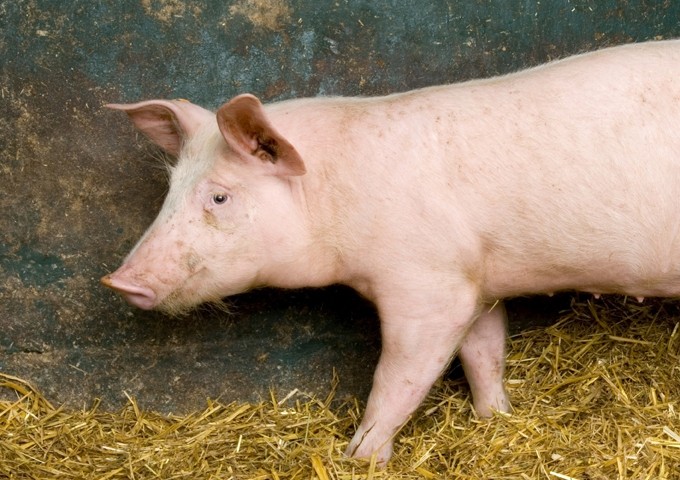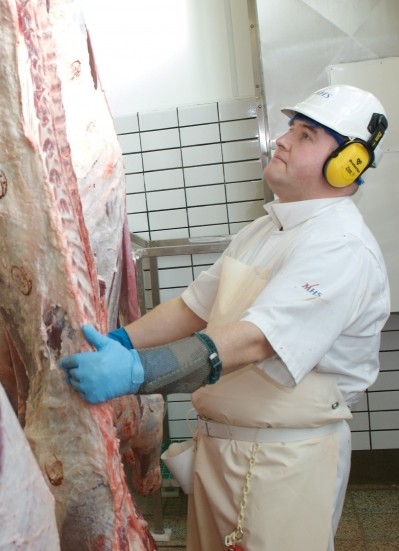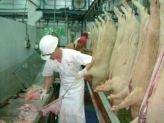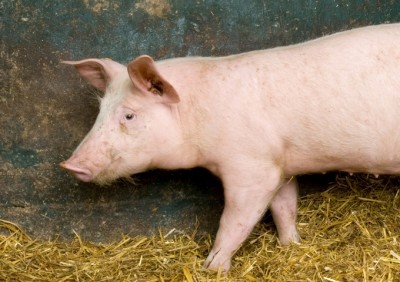MEPs back plans to modernise pig inspection

The new rules will allow abattoir vets to declare pork fit for human consumption after a visual check, without systematic incision or palpitation. Food Safety Committee MEPs tabled a veto motion in a bid to block the changes on Wednesday, over fears that they could lead to another food safety scandal, but the resolution was defeated by 368 votes to 268 with 13 abstentions.
The proposed changes are based on a study from the European Food Safety Authority (EFSA), which found that post-mortem incisions actually increased the risk of cross-contamination.
Official veterinarians will still be allowed to carry out incision and palpitation, but only if data of provenance, previous inspections or visual checks indicate there are possible risks to public health, animal health or welfare.
Liz Redmond, veterinary director at the UK Food Standards Agency, said changes to pig inspection would "better target public health risks and provide a more proportionate and risk-based inspection regime."
She added that the new regulations would be implemented by EU member states by June 2014.
Modernisation of meat inspection
The changes are part of a wider attempt to modernise European meat inspection, and it is expected that yesterday’s vote will set a precedent for the European Commission’s plans to reform post-mortem inspections for other types of meat.
Director of UK industry body the British Meat Processors Association (BMPA) Stephen Rossides told Globalmeatnews.com earlier this week that the modernisation of European meat inspection is vital to protect against pathogen contamination. He claimed that the current system was based on “old risks” and that Europe needed to move towards a more risk-based system based on microbiological controls.
Jean-Luc Mériaux, secretary general of the European Livestock & Meat Trading Union (UECBV), also stressed the importance of inspection reform, pointing out that the biggest public health hazards are currently pathogens such as salmonella and campylobacter.

















